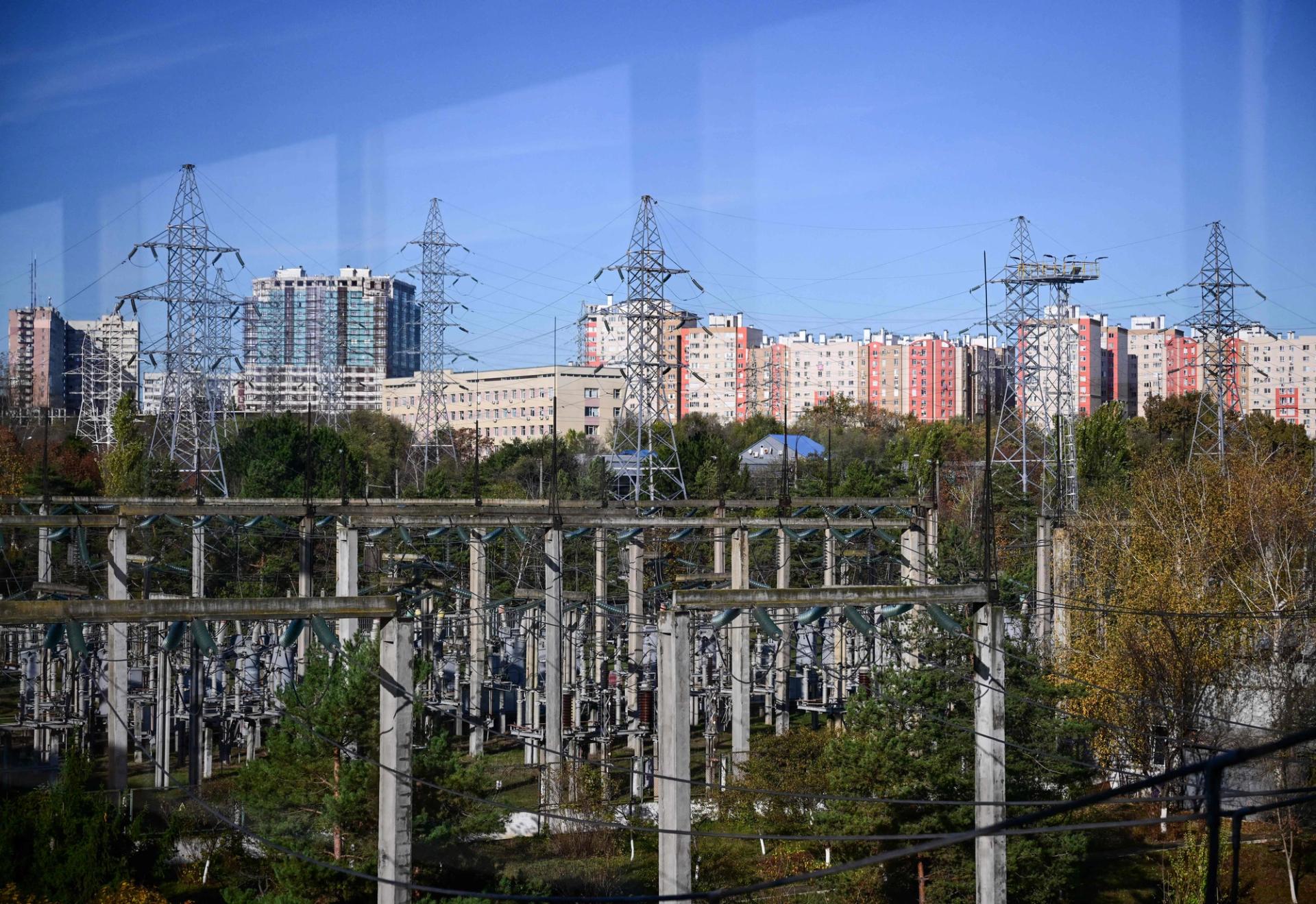The Scoop
A senior U.S. official is warning that a Russian disinformation campaign in Moldova is under way to undermine the country’s pivot away from Russian gas.
“The Russian disinformation has kicked into high gear,” Isobel Coleman, the deputy administrator of the US Agency for International Development, told Semafor ahead of a visit to the former Soviet republic. Russia is putting out a narrative “to scare people” about how Moldova “can’t survive without Gazprom,” she said, noting that she discussed the campaign during a meeting with Moldova’s energy minister, Victor Parlicov, earlier this month.
Energy independence is one of several areas where the US government is trying to support Moldova, which neighbors Ukraine, as it seeks more distance from Russia. Bolstered by financial support from Europe and the US, Moldova moved to end its reliance on Russia’s Gazprom after Moscow’s full-scale Russian invasion of Ukraine. However, Gazprom still supplies energy to a power plant in the pro-Russian breakaway province of Transnistria, which is not internationally recognized as independent of Moldova.
Moldova’s reliance on Russian energy, Coleman said, “makes them very vulnerable if Russia wants to use energy as a weapon of war or a weapon of influence.” A new power line linking Moldova directly to Romania would change that.
Know More
Coleman’s trip beginning Saturday — the details of which she shared ahead of time with Semafor — will focus broadly on supporting Moldova as it implements democratic reforms and seeks membership in the European Union. She said she plans to meet with Moldovan government and business leaders and NGOs about anti-corruption and how the country can achieve EU membership, which is on the ballot when Moldovans head to the polls in October.
Moldova is among the countries USAID is focused on in its pro-democracy initiative, in large part because of the threats the country faces from Moscow.
Moldova’s foreign minister, Mihai Popsoi, recently told the Associated Press that the years since the Ukraine invasion “have been by far the most difficult in the past 30 years.” He further warned in an interview with the Washington Post that Russia would move on Moldova next if it is successful in Ukraine: “God forbid, if the Russians would feel emboldened, clearly Moldova would be next. And after that, it’s anybody’s guess,” he said.
In addition to struggling to detach from Russian energy supplies, Moldova has also seen Russian drones crash on its territory and missiles breach its airspace during the Ukraine war. Last year, Moldova’s President Maia Sandu accused the Russian paramilitary group Wagner of unsuccessfully attempting a coup against her.
“The Moldovans would tell you that what they are experiencing is just an extension of Russia’s war in Ukraine,” Coleman said, adding that Russia is waging “military and economic aggression to force submission of these border states.”
The US Congress just approved, and President Joe Biden signed, a $95 billion foreign aid package largely for Ukraine, Israel, and allies in Asia. Coleman said she hoped some of the funds could be used to provide additional resources to Moldova.
Notable
Moldova should serve as a “cautionary tale” for Ukraine, Moldovan journalist Paula Erizanu wrote this week in the New York Times.
A Pew Research Center survey released this week showed supporting Ukraine and promoting democracy around the globe are on the lower end of foreign policy priorities for Americans, though half of respondents said that limiting Russia’s influence should be a top US long-term goal.
